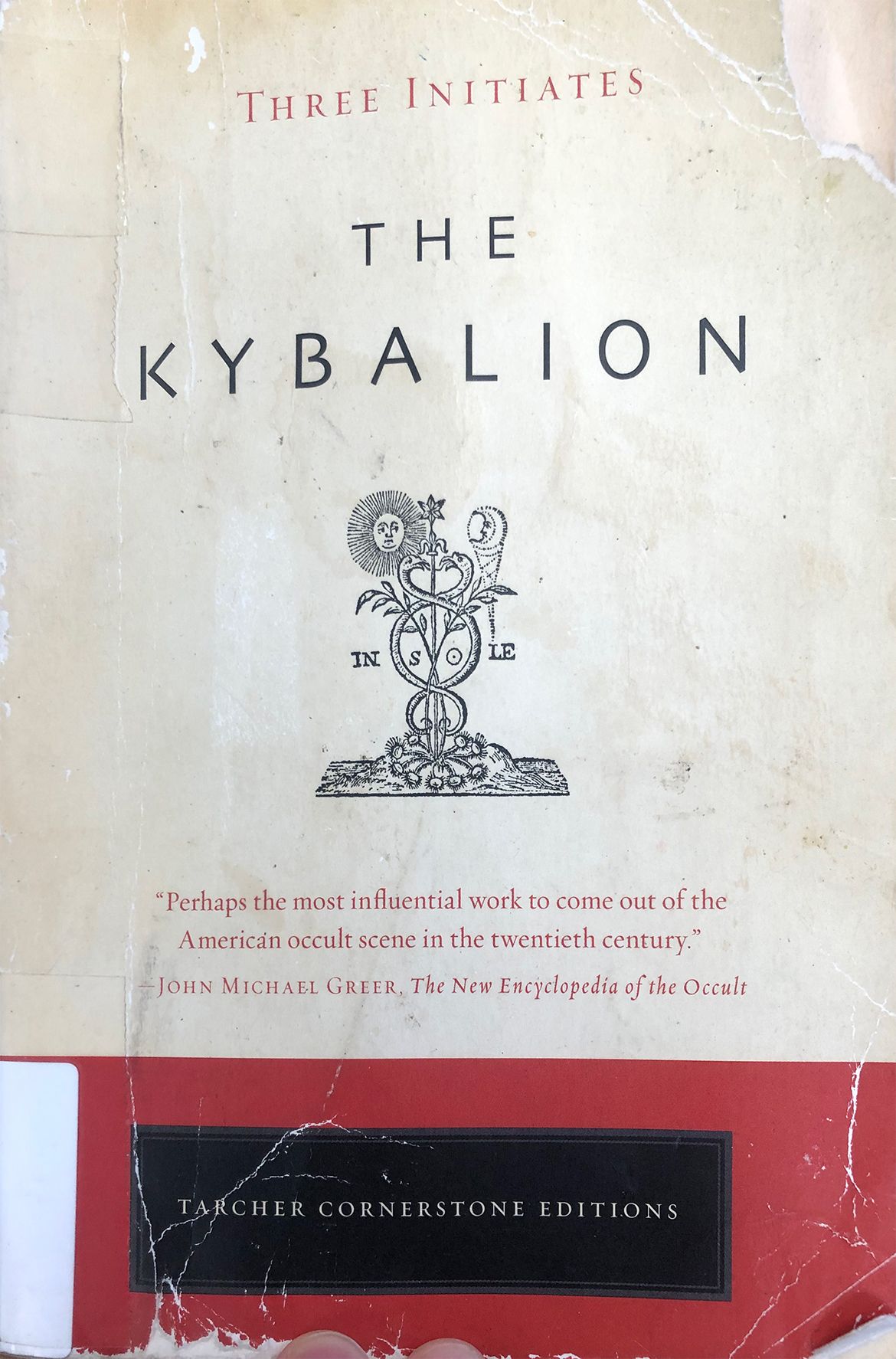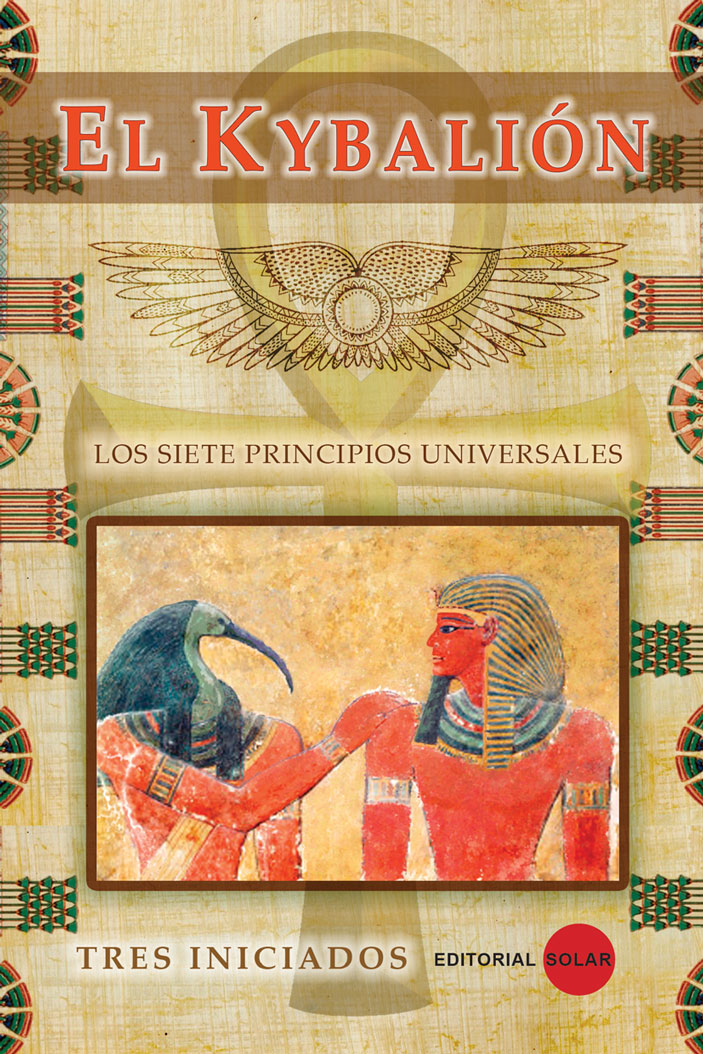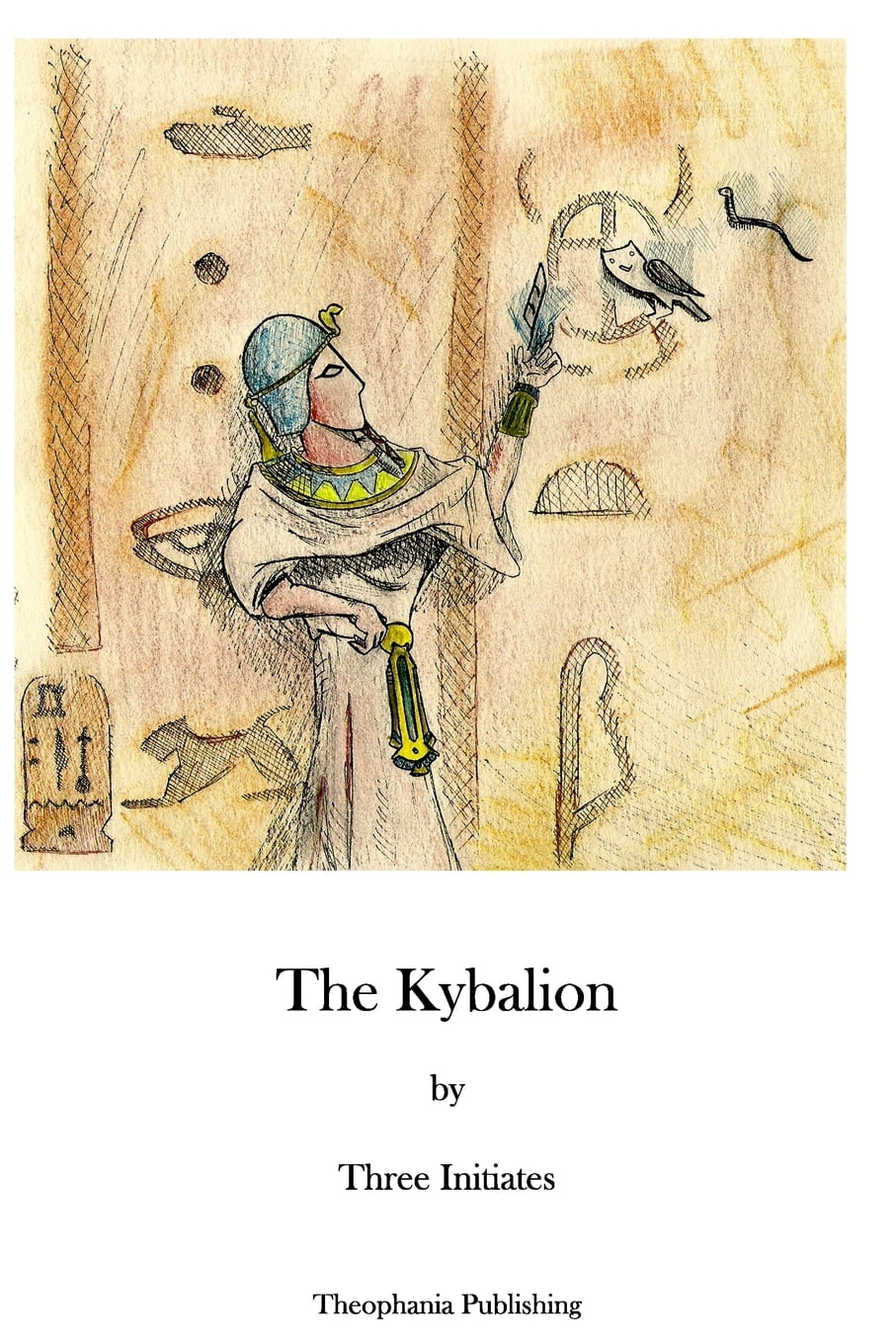

By understanding the principle of mentalism, we can strive to create a more positive and loving reality for ourselves and the lives of others with whom we come into contact with.

Our thoughts affect our emotions which in turn, color our actions. These negative emotions associated with the survival of our species would present themselves in a number of ways which may include a sense of hopelessness, futility, and apathy towards our fellow brothers and sisters. A pessimist, for example, would have very harsh feelings concerning the future of our species as war, corruption, pollution, and many other big problems are so glaringly present in the world at large. We often don’t give our mental states enough credit to understand their influence over our perception of reality but, it is plainly obvious the significance of our attitudes. Reality as we know it is shaped by the way we think.


The Principle of Mentalism “The ALL is MIND The Universe is Mental.” The Kybalion’s number one goal is to clearly enunciate Hermeticism’s 7 core beliefs as to pass on a “master key” to the aspiring seeker of esoteric knowledge. Hermeticism has 7 core principles, as outlined in this nifty little book, The Kybalion. If you would like to know more in-depth about the fascinating history of Hermeticism, click here.Īs with any time-tested philosophical tradition, there are a set of principles to which every insight that Hermeticism has to offer abides by. Hermes Trismegistus was renowned as the world’s chief authority on all things mystical and sacred, and would only pass down his teachings to some very few adepts, who have kept the flame of Hermeticism burning alive to this day. Hermeticism gets it’s name from the God Hermes Trismegistus, (Greek for “Thrice-Greatest Hermes) who is a Greco-Egyptian version of Egypt’s God of writing and wisdom, Thoth, of whom you may have heard of. What makes Hermeticism especially unique is its flexibility, there are no set “rules” to be a hermeticist as Hermeticism recognizes the value of individual experience. The resulting product is a school of thought that seeks to explain scientific, psychological, and otherworldly phenomena all at once. Hermeticism is what happens when arguably the two greatest cultures of the ancient world, ancient Egypt and Hellenistic Greece, clash together. How can it be that the ancients knew so much with such limited technology? The answers to these questions may lie within the ancient philosophical tradition of their times, Hermeticism. Have you ever stopped to marvel at the jaw-dropping knowledge and wisdom of the ancients? Even today, historians have a hard time explaining the architectural precision of the Pyramids at Giza, or the Greeks impressive knowledge of mathematics and astronomy. “The lips of wisdom are closed, except to the ears of Understanding.”


 0 kommentar(er)
0 kommentar(er)
